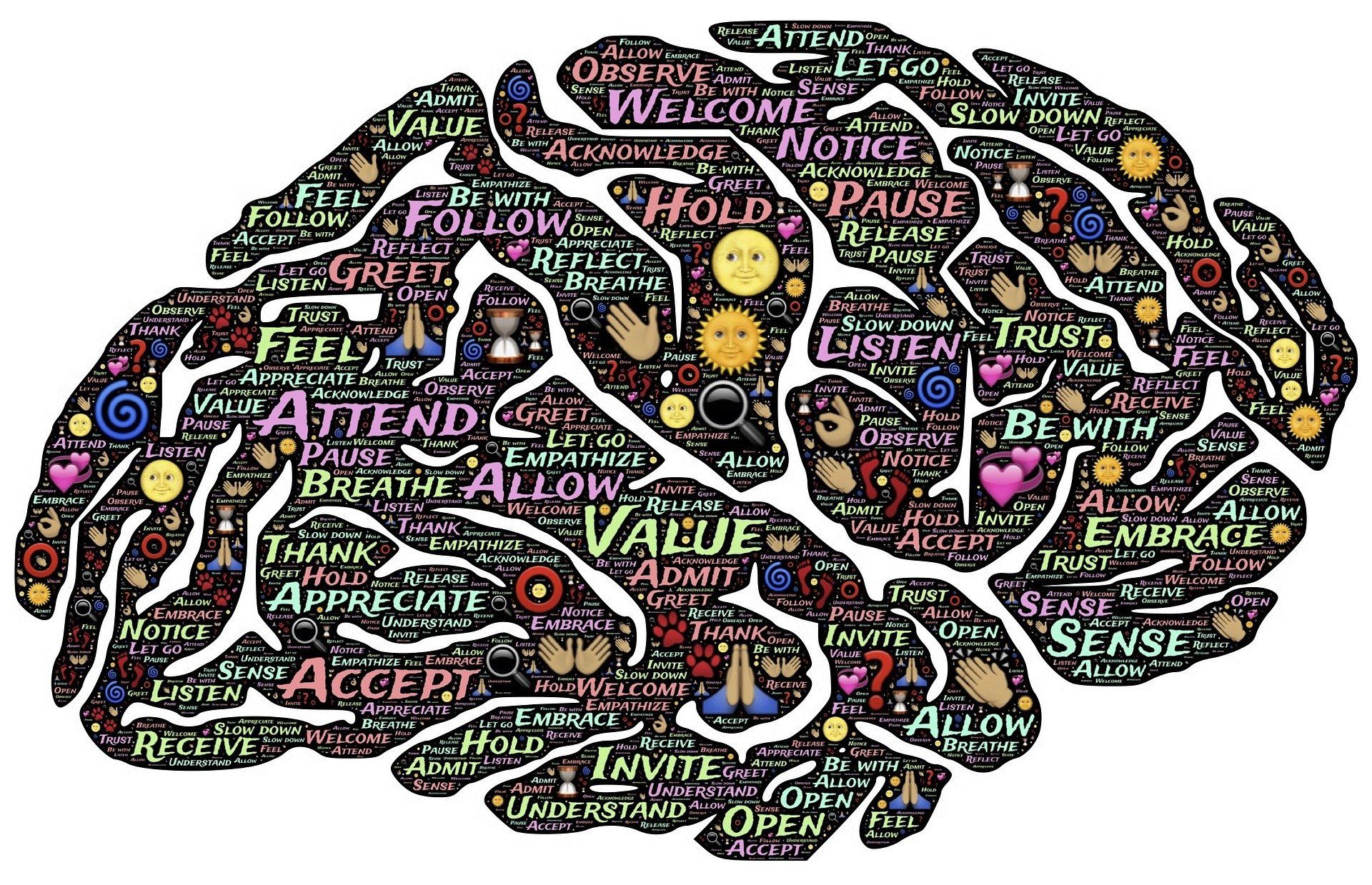The Circle Of Wellbeing In The Workplace
During my 30 years observing and coaching individuals and employees on wellbeing and life skills, I have noticed the strong link between happiness, health and overall wellbeing.
Wellbeing is hard to describe, it is a state of mind as a result of many factors: some we can change and others we can try to develop. It is now understood that the health and happiness of people affects their personal focus, attitude, performance and output: both in and out of the workplace.
It is the people in any organisation that are the essence and root of its success. Happy people are more motivated, content and likely to be more productive at work. So how can employers be a catalyst to ensure there is a focus on the wellbeing factors affecting their employees?
Generally the better the work environment, the greater the support and the outlook of the employees: this in turn delivers a greater commitment to the organisation.
Listening to the needs of the employees and giving them a say in changes affecting their contribution and working conditions will help them feel included and that their opinion is valued.
When we feel valued we feel more positive.
The benefits of aiming to provide an inclusive, open, supportive organisation are multi-faceted, including generating:
- Reliable committed long-term employees
- High level service and/or productivity
- Consistent, reliable, quality performance and outcomes
- Business growth and personal growth
The old adage of ‘what goes around comes around’ applies here. The circle of support provides and receives continually: but beware, the circle works for both a negative and positive approach!
To deliver a workplace environment that embraces the essence of wellbeing employers need to ensure they listen to their employees, give them choices where operationally possible, treat them with respect and trust them to make decisions.
Choice, Respect and Trust are elements that make people feel worthy and valued, it raises their self-esteem and then they feel better and happier in themselves. This is thought to have an impact on health too, as positive thinking and contentment are beneficial to the mind. Satisfying the mind and the soul has long been thought to have holistic health benefits. Whether this is a placebo effect or not is debatable, but when we apply mind over matter it is amazing what we can achieve.
But what happens when then mind is challenged and it doesn’t experience contentment? What support is available for those employees whose mental health is in question? This is another facet in the overall provision of support for employees in the workplace. Occupational health departments will have to deal with both physical and mental health situations with the same level of care; mental health issues are less visible than the physical.
Regardless of the health issue: mental or physical, employees need to feel the employer has a system in place to deal with it. This can range from an obvious route to HR advice through to a specialised service able to assess and support issues around the mental health of their employees.
Listening is a skill, not always used as effectively as it could be. However in order to provide an environment that embraces the true meaning of wellbeing, employers need to listen to the needs of their most valuable resource: their employees.
If the circle of wellbeing is to work it needs to evolve with commitment from both the employer and the employees. This in turn will provide both parties with the environment to progress in a successful manner.
Commitment is the key. Those who experience the greatest change are those with the utmost commitment to making their companies, environment, careers, and lives, even more successful than they already are.





